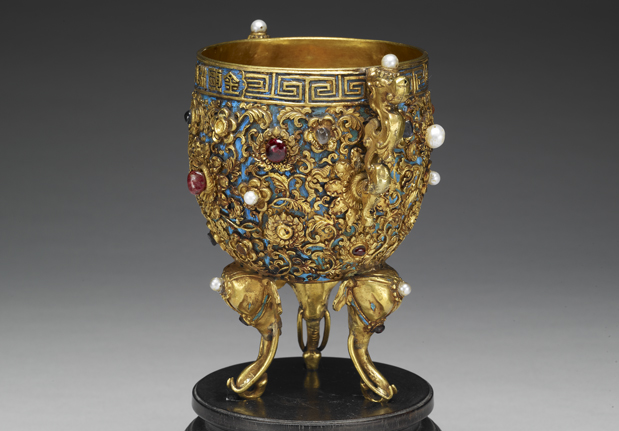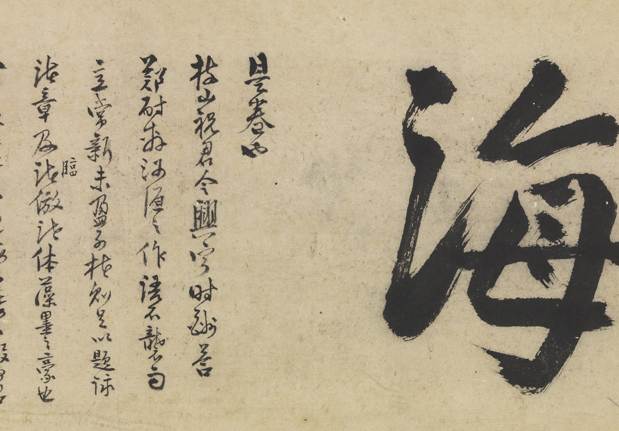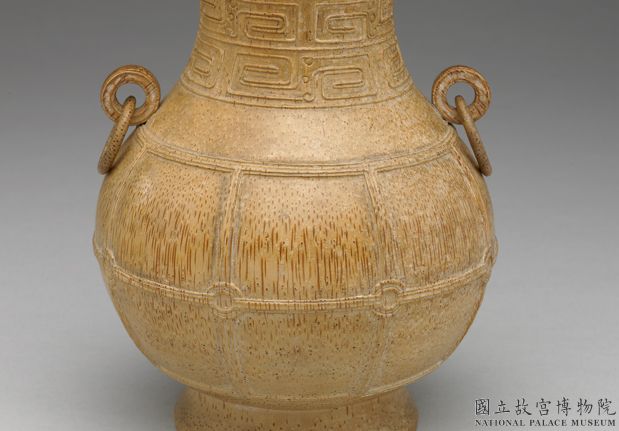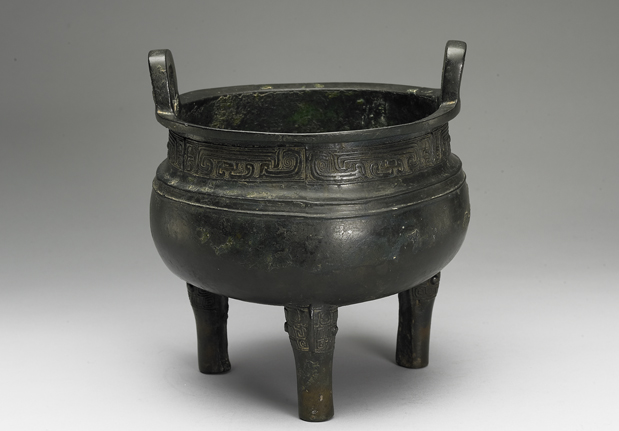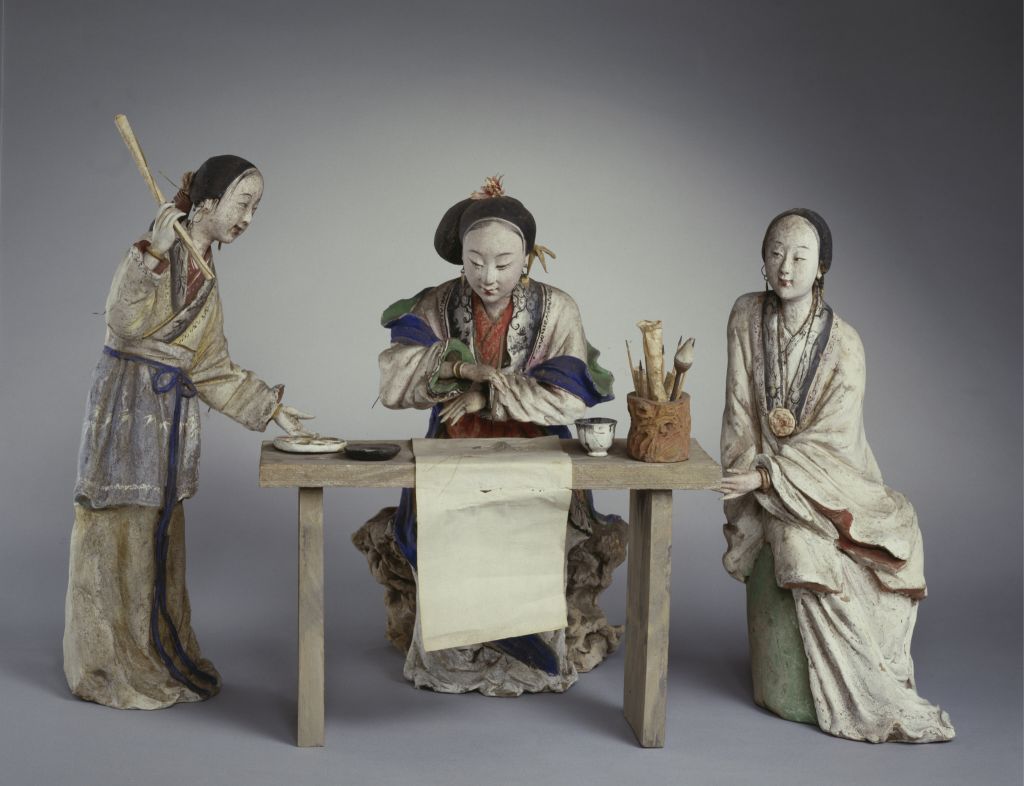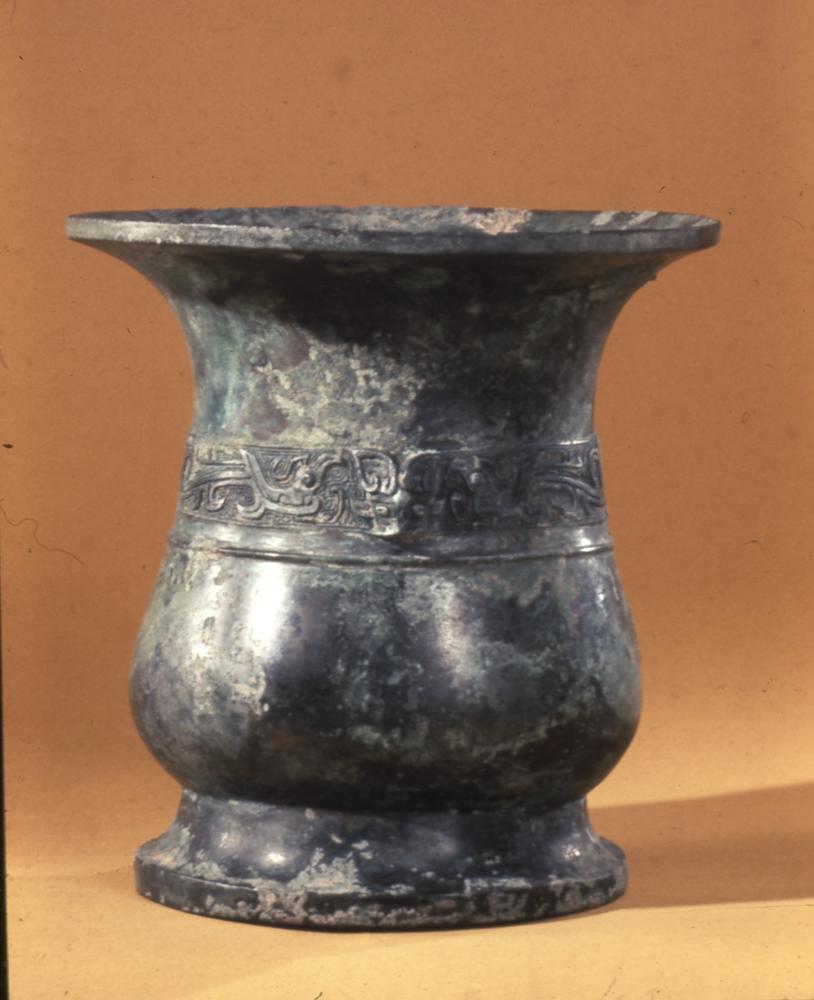[Kesi Qianlong Emperor’s Book of Guangwu Damang Mang Soldiers in Kunyang Event Volume]
Kesi Qianlong Emperor’s Book of Guangwu Damang Mang Soldiers in Kunyang Event Volume, Qing Qianlong Emperor’s Book, running script, 37 lines, 31 centimeters vertically, 214 centimeters horizontally. The old collection of the Qing Palace
This volume is a tapestry of the imperial book “Shu Guang Wu Da Po Mang Bing Yu Kunyang” written by Emperor Qianlong of the Qing Dynasty on the authentic ground. The leading text is woven with a black character running script, “Repeating a false accusation of Zhangwu”, and the four characters are woven with a square and central inscription, “Ancient Xi Emperor” and a Zhu Wenyin. At the end of the text, the text is woven with the title “Emperor Qianlong and Emperor Dingwei’s New First Moon Imperial Brush”, and the following text is woven with the title “Treasure of the Heavenly Son of Ancient Greece”, Zhu Wenyin, and the title “Zizi, Youri”, Bai Wenyin, respectively
From the title, it can be seen that this document was created on the occasion of the New Year in the 52nd year of Qianlong’s reign (1787)
This scroll tapestry is composed of flat tapestry and overlapping tapestry. Although the tapestry is simple, it is exquisite in craftsmanship, and the woven characters are as smooth and free as calligraphy
In the text, Emperor Qianlong began with the great battles in ancient and modern times in which he won the world with fewer victories and more victories. He mentioned the Battle of Zhuolu, which was fought by the Yellow Emperor against Chiyou, the Battle of Salhu, which was fought by the Emperor Nurhachi of the Qing Dynasty, and the Battle of Huoniu, which was fought by Tian Dan during the Warring States Period. He further refuted the myth that Fan Ye had recorded that the battle of Kunyang in the Han Dynasty was won with the help of fierce beasts, pointing out that Liu Xiu, the Emperor of Han Guangwu, had defeated the enemy and won the victory by virtue of his divine martial courage and the courage of his soldiers to die, Finally, I exclaim that it is not easy to write a historical biography.
![图片[1]-Kesi Emperor Qianlong’s Book, Guangwu Great Mang Breaking Soldier in Kunyang-China Archive](https://chinaarchive.net/Warring States period/tapestry and embroidery/s58f9b0d48e598.jpg)
